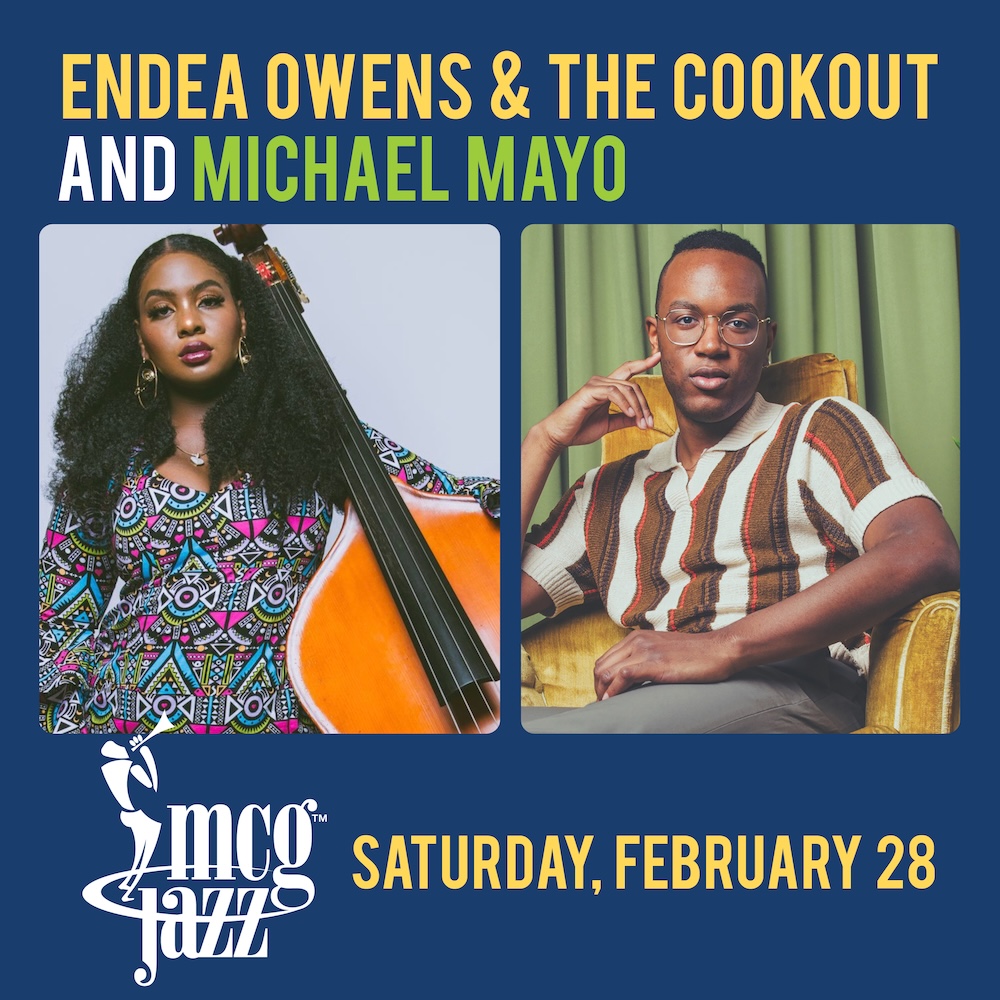Oct 28, 2025 10:47 AM
In Memoriam: Jack DeJohnette, 1942–2025
Jack DeJohnette, a bold and resourceful drummer and NEA Jazz Master who forged a unique vocabulary on the kit over his…
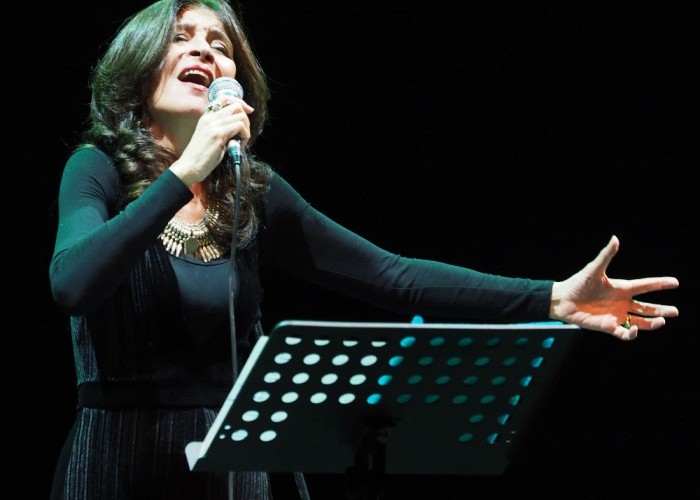
Maria Pia De Vito’s embrace of the Portuguese language has resulted in the singer making connections between seemingly disparate musical traditions.
(Photo: Courtesy Umbria Jazz)Singer Maria Pia De Vito folds her facility for more than a dozen languages into her recordings.
Her latest album, 2017’s Core [Coração] (Via Veneto Jazz), finds the Rome-based singer convening Italian clarinet maestro Gabriele Mirabassi, Welsh pianist Huw Warren, Brazilian guitarist Roberto Taufic and Italian percussionist Roberto Rossi to interpret a suite of songs by such Brazilian icons as Chico Buarque, Tom Zé and Egberto Gismonti. As she does on the 20 or so albums that comprise her discography, Pia De Vito puts her singular stamp on the music, in this instance translating the lyrics from the original Portuguese to the vernacular dialect of Naples, her home town.
Downbeat spoke with the singer a few hours before her third concert at the 25th edition of Umbria Winter Jazz in Orvieto earlier in 2018. That event, a stylistically varied duo recital of Italian-language songs with the esteemed pianist Rita Marcotulli, followed a well-paced presentation of the music of Core [Coração], and a program of Joni Mitchell tunes—in English—culled from Pia De Vito’s masterful 2005 homage, So Right. In each instance, she phrased like an instrument, sustained impeccable intonation at all volumes, registers and tempos, and kept each the audience anticipating her next step.
The following has been edited for length and clarity.
You once told me that when you were a teenager, you sang in 13 different languages.
I was 16, and singing with my group, playing music from Napoli, from the Renaissance to the folk side, and a professor at the Università L’Orientale of Napoli came and said, “Would you like to join this band? I have a huge collection of instruments from Eastern Europe and music from all over the world.”
It was a very political moment: The first part of the concert was music from the dominant classes—sacred music from Greece, some Bach chorales, the first polyphony, some madrigals written in the western style, but sung in the languages of indigenous people of South America. The second part was the music of the people—vernacular music from Macedonia, Albania, Bulgaria. Singing in these different languages was a beautiful shock, because each language and each tradition had a different vocal motive. So, I learned pretty early that the voice can be metamorphic, that different languages and different traditions bring a different sound. Naturally, at that time, it was all imitation—translating the songs, knowing what they were, but imitating the sound. I was playing a stringed instrument and percussion, while singing at the same time, which gave me a certain flexibility in my approach. Also, I learned about all the different rhythms.
Where I was going with that was to ask about the beginning of your involvement with Brazilian music and the Portuguese language.
Since I decided to learn to sing jazz when I was 19, I’ve studied and sung great Brazilian standards. That’s how I learned about Jobim, Chico Buarque and so on. Then, around 10 years ago, another professor at the university in Napoli approached me to make a work about the similarities between the cities of Bahia and Napoli.
Are there historical connections?
There are not historical connections. Napoli was invaded and dominated by the Spanish, French, Arabian, North African, Turkish, German, and Swedish. It’s also by the sea, in the center of the Mediterranean—a place where the métissage is the rule. So, the language is a mixture of all the other languages. Also, like Bahia, it’s a place where we have seen many crazy things. Bahia was the place where slaves from Africa were brought; it’s the most African place in Brazil. Caetano Veloso says that Neapolitan people and Bahian people are similar, because they are impertinente—impertinent. I don’t know if it’s the right word in English, but it means that they laugh about everything. They respect, but have also a side of laughing at power, and also, as the other side, a certain attitude to melancholy and lyricism. Funny, ironic, and a little cynical at times.
Years ago, I was invited to play with some Bahian musicians in Bahia, and I learned about Dorival Caymmi’s music, which is pre-bossa, pre-samba. His melodies, the Canções Praieiras, the songs of the fishermen, about the sea, are so universal—they could have been written easily in Napoli. So, something started working in my head, thinking that the songs of Caetano Veloso and Dorival Caymmi would sound beautiful translated in Neapolitan.
Then, seven years ago, Guinga, the master composer, invited me to do a concert with him in Rome. During rehearsal—since I wasn’t super-satisfied about my flexibility with Portuguese—while I was singing one of his beautiful melodies, I said, “Do you mind listening to something?” I improvised two phrases, translating on the spot in Neapolitan. He loved it. Then I wanted to do all Guinga-Neapolitano. So, in one week, I worked hard and translated six tunes, and we performed them. He brought me to Brazil with him twice to perform in São Paolo and Rio.
During this process, I was working and recording with Huw Warren, who also is fond of Brazilian music; he loves Hermeto Pascoal. We recorded “Curremaria”; I translated it. I sent Chico Buarque that and my translation of Guinga’s “Você, Você.” Since that moment, a poetic friendship started between us. He speaks perfect Italian—he was in Italy as a kid with his family for a couple of years, and then he was in exile in Italy for two years. I sent him these six songs, the lyrics in Neapolitan, and I realized that he knew about Neapolitan music and literature. We exchanged further emails, discussing nuances, word-by-word.
My effort has been to translate and be as close as possible to the original meaning, but not betray the sound. In the Brazilian tunes, very often, the lyrics can be extremely sad, but at the same time there is something dry and essential in the way they sing and the way the language works. Neapolitan, instead, can be very passionate and baroque, and too much. So, I decided to dry up everything, also in my singing—not make too much embellishment or too big dynamics, never using the full voice.
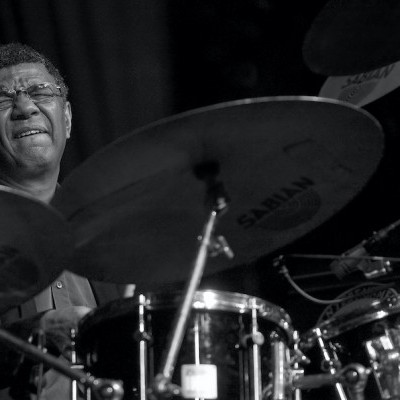
Jack DeJohnette boasted a musical resume that was as long as it was fearsome.
Oct 28, 2025 10:47 AM
Jack DeJohnette, a bold and resourceful drummer and NEA Jazz Master who forged a unique vocabulary on the kit over his…
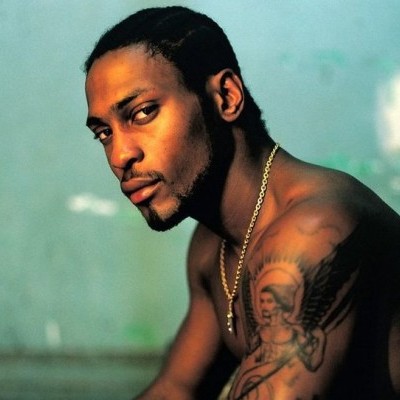
D’Angelo achieved commercial and critical success experimenting with a fusion of jazz, funk, soul, R&B and hip-hop.
Oct 14, 2025 1:47 PM
D’Angelo, a Grammy-winning R&B and neo-soul singer, guitarist and pianist who exerted a profound influence on 21st…
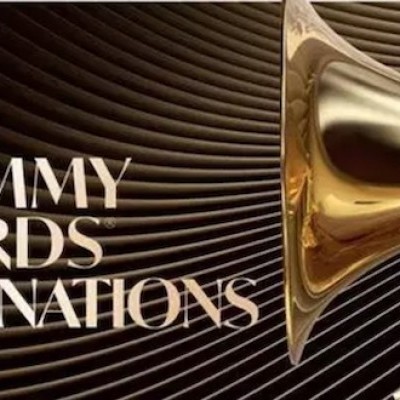
To see the complete list of nominations for the 2026 Grammy Awards, go to grammy.com.
Nov 11, 2025 12:35 PM
The nominations for the 2026 Grammy Awards are in, with plenty to smile about for the worlds of jazz, blues and beyond.…
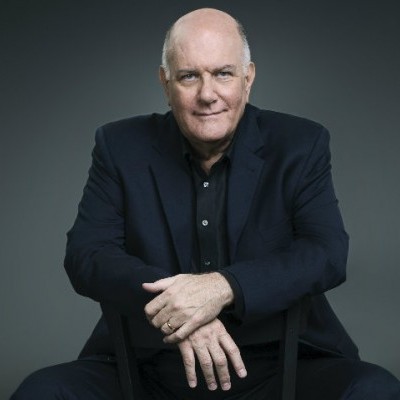
Jim McNeely’s singular body of work had a profound and lasting influence on many of today’s top jazz composers in the U.S. and in Europe.
Oct 7, 2025 3:40 PM
Pianist Jim McNeely, one of the most distinguished large ensemble jazz composers of his generation, died Sept. 26 at…
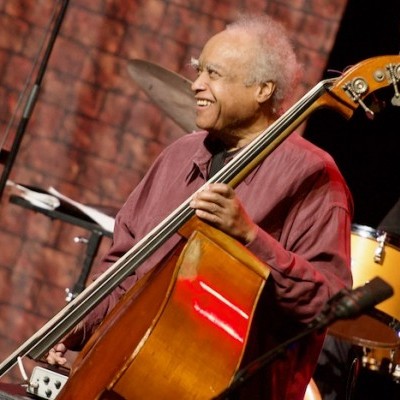
Drummond was cherished by generations of mainstream jazz listeners and bandleaders for his authoritative tonal presence, a defining quality of his style most apparent when he played his instrument unamplified.
Nov 4, 2025 11:39 AM
Ray Drummond, a first-call bassist who appeared on hundreds of albums as a sideman for some of the top names in jazz…





